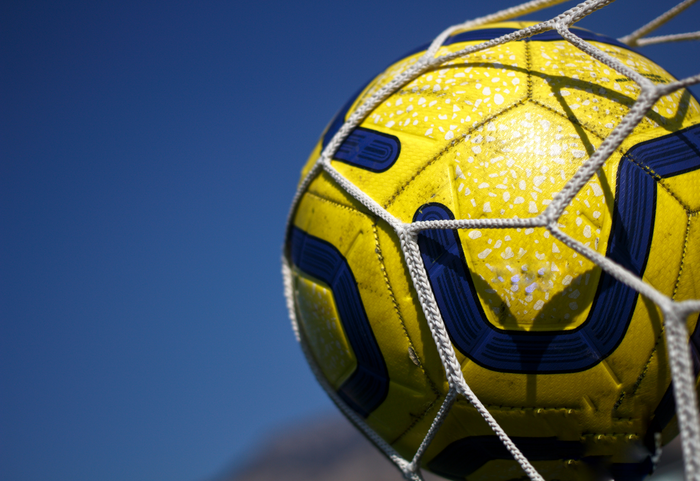A new analysis of voting data for the Fédération Internationale de Football Association (FIFA)’s World’s Best Male Football Player Award suggests that cultural similarity between voters and players biases results. Michael Johnson and Ian McCarthy of Simon Fraser University in Vancouver, Canada, present these findings in the open-access journal PLOS ONE on July 13, 2022.

Credit: Joshua Hoehne, Unsplash, CC0 (https://creativecommons.org/publicdomain/zero/1.0/)
A new analysis of voting data for the Fédération Internationale de Football Association (FIFA)’s World’s Best Male Football Player Award suggests that cultural similarity between voters and players biases results. Michael Johnson and Ian McCarthy of Simon Fraser University in Vancouver, Canada, present these findings in the open-access journal PLOS ONE on July 13, 2022.
Earlier studies have shown that industry-wide awards—such as the Oscars and the National Basketball Association’s Most Valuable Player Award—are influenced by in-group biases. For instance, a voter might be more likely to vote for someone from the same country, religion, or gender. However, researchers have paid less attention to the influence of cultural similarity, a set of shared cultural values, on voting in industry awards.
To shed new light, Johnson and McCarthy analyzed voting bias in FIFA’s annual World’s Best Male Football Player Award, which has faced criticisms for unfairly biased voting. The recipient is determined though voting by captains and coaches of national teams, as well as a media person from each of about 200 countries.
The researchers evaluated voting data from 2010 through 2016, examining the influence of three standard measures of cultural similarity between voter and player: cultural distance, which reflects similarities in language, ethnicity, religion, social network, and social norms; cultural clusters, which are based on race, religion, language, geographic proximities, and colonial heritage; and collectivism, which involves the degree to which group members feel loyal to and responsible for each other.
Analysis of the voting data suggested that all three measures of cultural similarity do indeed influence voting for the Best FIFA Men’s Player Award. It also reaffirmed that certain in-group factors, such as shared nationality or club league, influence voting. Less bias appeared for votes from countries with more diversity in ethnicity, language, and religion. Furthermore, captains appeared to be more biased than coaches, and media people were the least biased.
On the basis of these findings, the researchers suggest various solutions to reduce bias in FIFA awards and in other industry awards, such as shaping clearer criteria for voters and announcing and adjusting for inappropriate biases.
The authors add: “This study shows the propensity for voting bias in the FIFA Ballon D’OR Award and the need to have objective criteria concerning what constitutes player quality. We find that nationality, the league, the club, and voter-player cultural similarity are all important determinants of the voting bias in the FIFA Ballon D’OR Award, as opposed to performance criteria such as total goals, goals per min, total assists, pass completions, player of the match, and saves.”
#####
In your coverage please use this URL to provide access to the freely available article in PLOS ONE: https://journals.plos.org/plosone/article?id=10.1371/journal.pone.0270546
Citation: Johnson MR, McCarthy IP (2022) Cultural similarity and impartiality on voting bias: The case of FIFA’s World’s Best Male Football Player Award. PLoS ONE 17(7): e0270546. https://doi.org/10.1371/journal.pone.0270546
Author Countries: Canada, Italy
Funding: The authors received no specific funding for this work.
Journal
PLoS ONE
DOI
10.1371/journal.pone.0270546
Method of Research
Observational study
Subject of Research
People
Article Title
Cultural similarity and impartiality on voting bias: The case of FIFA’s World’s Best Male Football Player Award
Article Publication Date
13-Jul-2022
COI Statement
The authors have declared that no competing interests exist.




